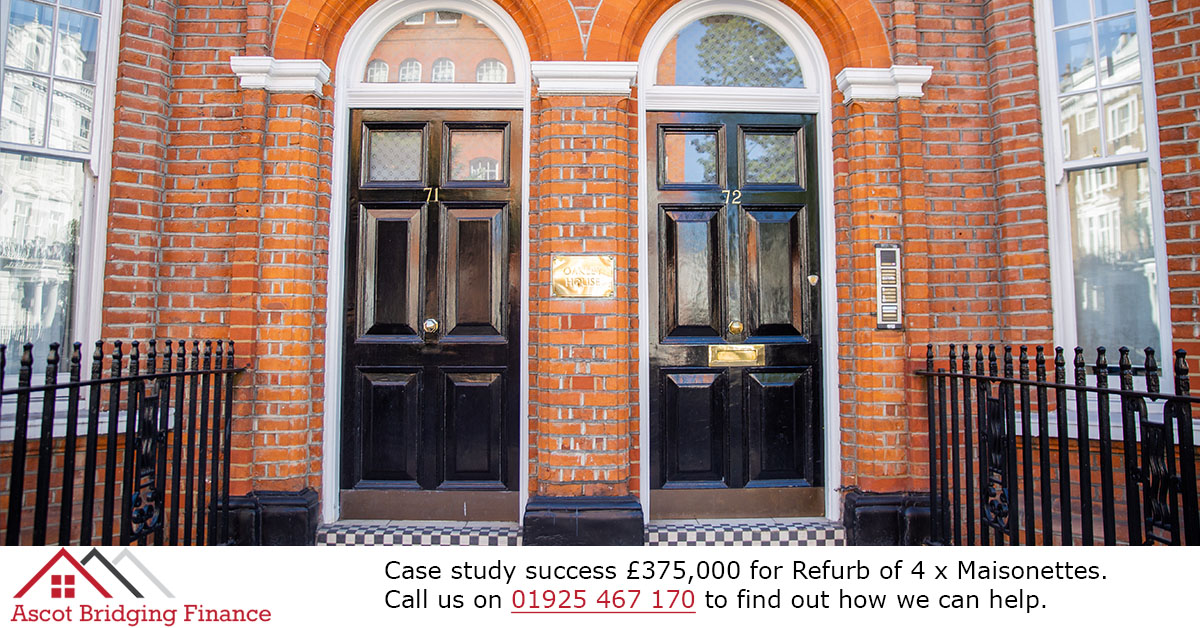Many landlords have formed Special Purpose Vehicle (SPV) limited companies that own their property portfolios. Lenders have reported a larger number of SPVs using bridging finance to purchase and renovate buy to let property. Changes to how tax is calculated for individual landlords have prompted many to set up companies as these are taxed differently. There are set up costs and administration costs, but over the long term, the tax savings can make PVA companies more profitable than individually owned property. Many SPV owned properties reflect the diverse types of properties that are available. Houses of multiple occupation (HMO) and semi-commercial property are popular. Semi-commercial property is mixed use buildings such as shops above flats and pubs with living accommodation. Not all companies need long-term commercial mortgages to grow their business, and short-term bridging loans are increasingly being used to raise finance. Many properties are bought at auctions. Even if SPV companies intend to take out a commercial mortgage for an auction-bought property, a bridging loan can be raised quickly to complete auction purchases before long term funds are available. Landlords have come under increasing financial pressure because of higher stamp duty and tax relief cuts. The number of SPV companies formed could indicate that in the future there will be less individual landlords, and more limited companies formed to make property portfolios more profitable. Forming a SPV is not advantageous in all circumstances, so expert financial advice is needed before using this strategy.






